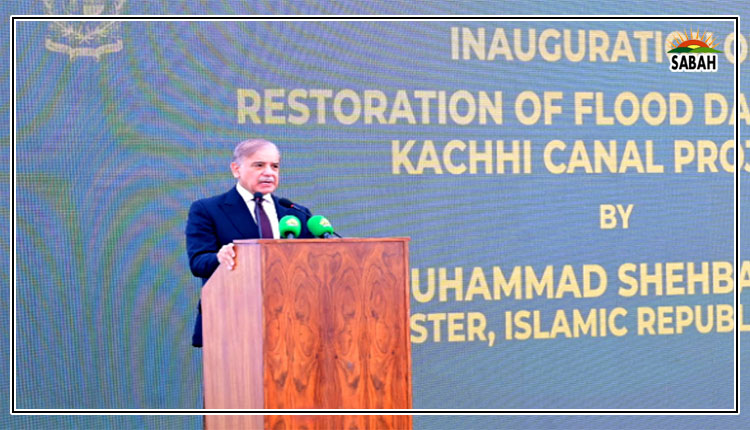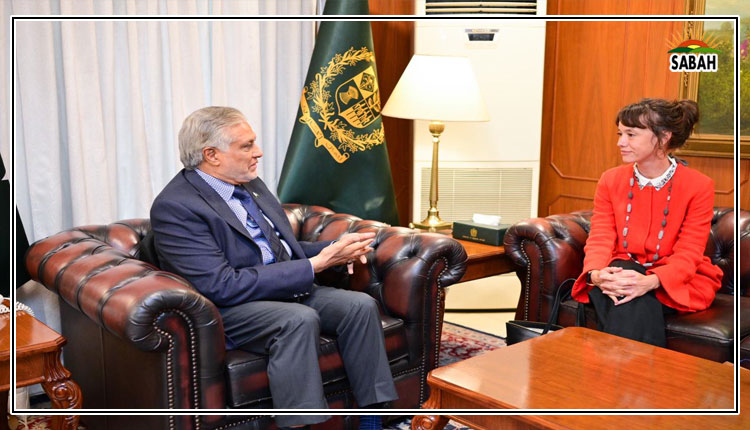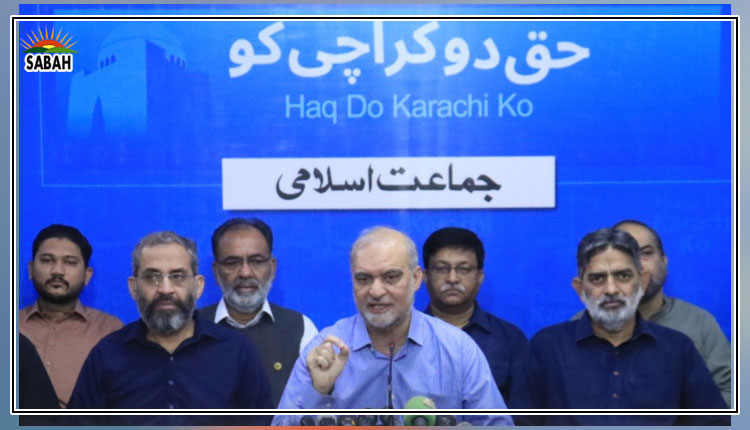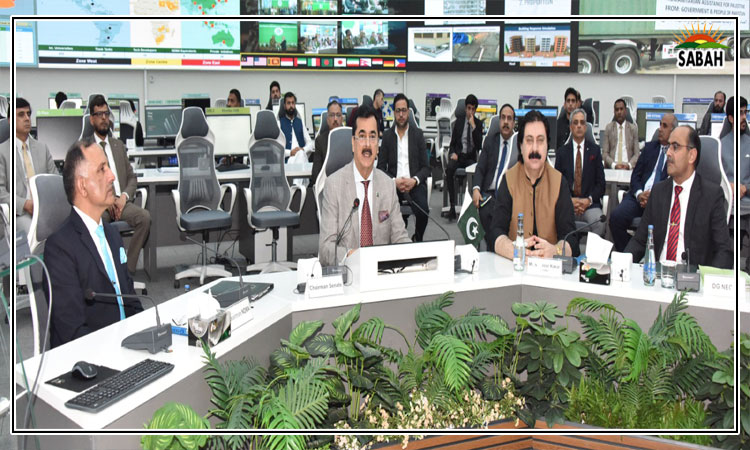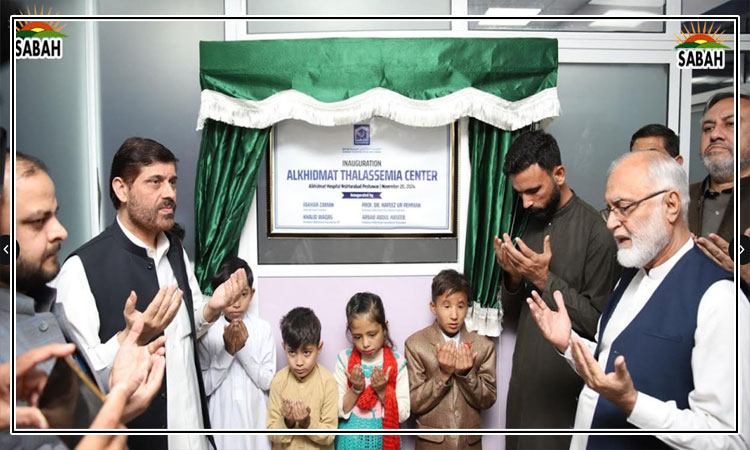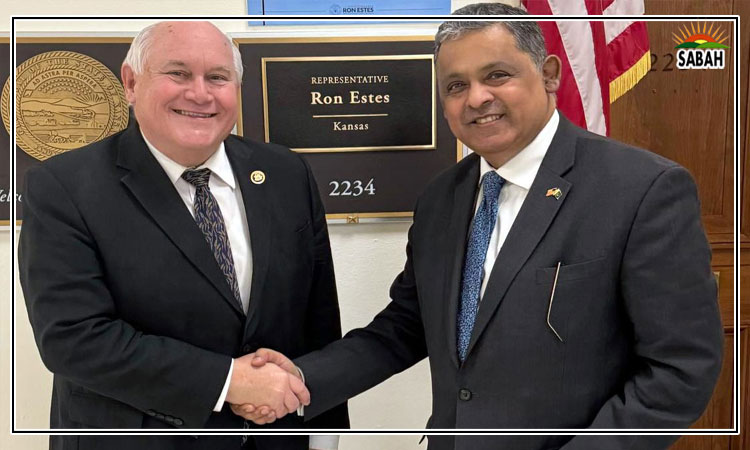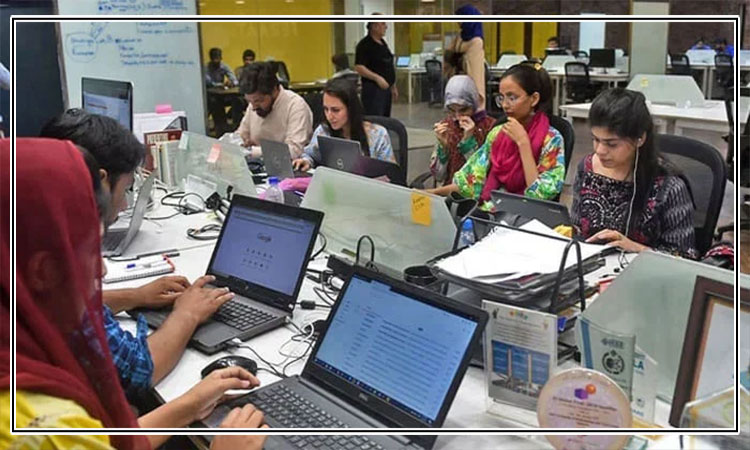Gender, justice, and Pakistan: Part – II …… Zainab Durrani
Cultural, social or economic – pick a stratum of identification and we will have breached its lowest point to claim it for ourselves in the bid to hold our women back.
Ask any woman and they will tell you it’s a tiresome task, at its most privileged level, to fight for your identity and your autonomy, and claw out your right to work. Whether you factor in gender-based discrimination at the workplace or the playing out of antiquated ideas at home, it is coded into our society to assign places and penalise women for abandoning them for better ones. The ones reserved for men.
It is for this and a plethora of other reasons, including the dispensation of justice, that there is a near-desperate need for greater inclusiveness in our law and order sector.
Just the everyday, pervasive attitudes we are surrounded by and practice ourselves – for instance, reactions to the presence of women in public spaces on bikes, in uniform, in positions of power – is a solid indicator of how bleak the picture can be.
A report by the Law and Justice Commission Islamabad notes that seven out of 126 or a paltry 5.5 per cent of judges in the higher or superior judiciary are women, with none ever bearing the office of chief justice or attorney general of Pakistan, to date. Proportionately, 15 per cent of the prosecution officers employed in the country out of a total of 2210 are women. Little else can serve as a damning indictment as well as a much-needed push to do better in terms of systematically tearing down the barriers and opening up avenues of justice across gender lines.
This would require urgent and targeted interventions that combat the various barriers to entry – societal, structural, and those emanating from institutional cultures.
In a country where becoming a lawyer, let alone a policewoman or judge, is still widely seen as a controversial career path, equitable representation becomes exponentially important.
The element of representation here is a key component in ensuring an effective and responsive justice system where varied perspectives and experiences can be accommodated evenly. It validates the concept that all are equal in the eyes of the law and that justice cannot be a rarefied commodity.
Another important strand is that the absence of women in these critical fields, especially the judiciary, has meant a deficiency of inclusive and feminist lens in our jurisprudence. Not only would this be vital in the dispensation of justice in family law cases, but also for those adjudicating on issues of gender-based violence, harassment, dowry violence and intimate partner violence, which disproportionately affect women and gender minorities.
The onus for creating egalitarian opportunities in civil service falls to the state, not only because of how the democratic system is structured but also because of the many international treaties Pakistan has ratified and is a signatory to, that require the government to work dedicatedly towards bridging its gender gap.
This would mean working to curb real-time issues such as gendered approaches in the judiciary to relegating assignments and departments, limited learning opportunities, and inadequate physical structures including lack of residence access in remote postings, where those already employed are concerned. To encourage more to enter these specialised and critical positions, simply allotting quotas will not do.
Doing away with specific problem areas, such as discriminatory height and physical fitness requirements in the police, deployment to outlying areas with legitimate safety and infrastructure concerns and pay parity are clear areas to target and improve.
Overall, of the many ramifications of skewed gender representation, the most concerning is the impeding effect it produces on women and young girls seeking access to justice. It is my first-hand experience of working as a liaison between the FIA and survivors of cyber harassment that lack of gender representation as well as sensitivity has led to the abandonment of many cases midway.
There is no actual count of how many shy away from formal mechanisms of redressal due to prevalent attitudes and conditions, which are as far removed from the constitutional promises granted to the citizens of Pakistan as possible.
It is now long past time to make swift and impactful strides towards sustainably improving the status quo.
Concluded.
The writer is a lawyer by education and a digital rights activist by profession.
Courtesy The News


